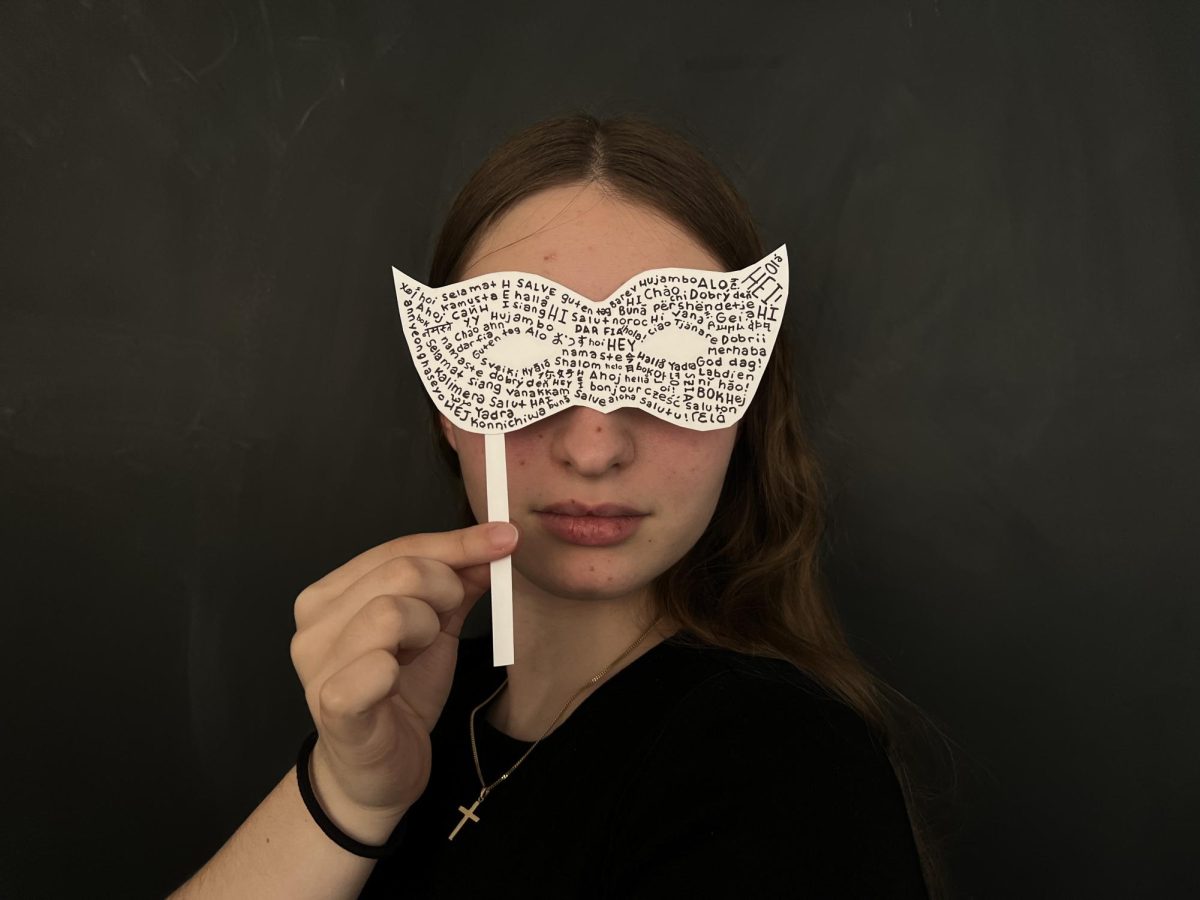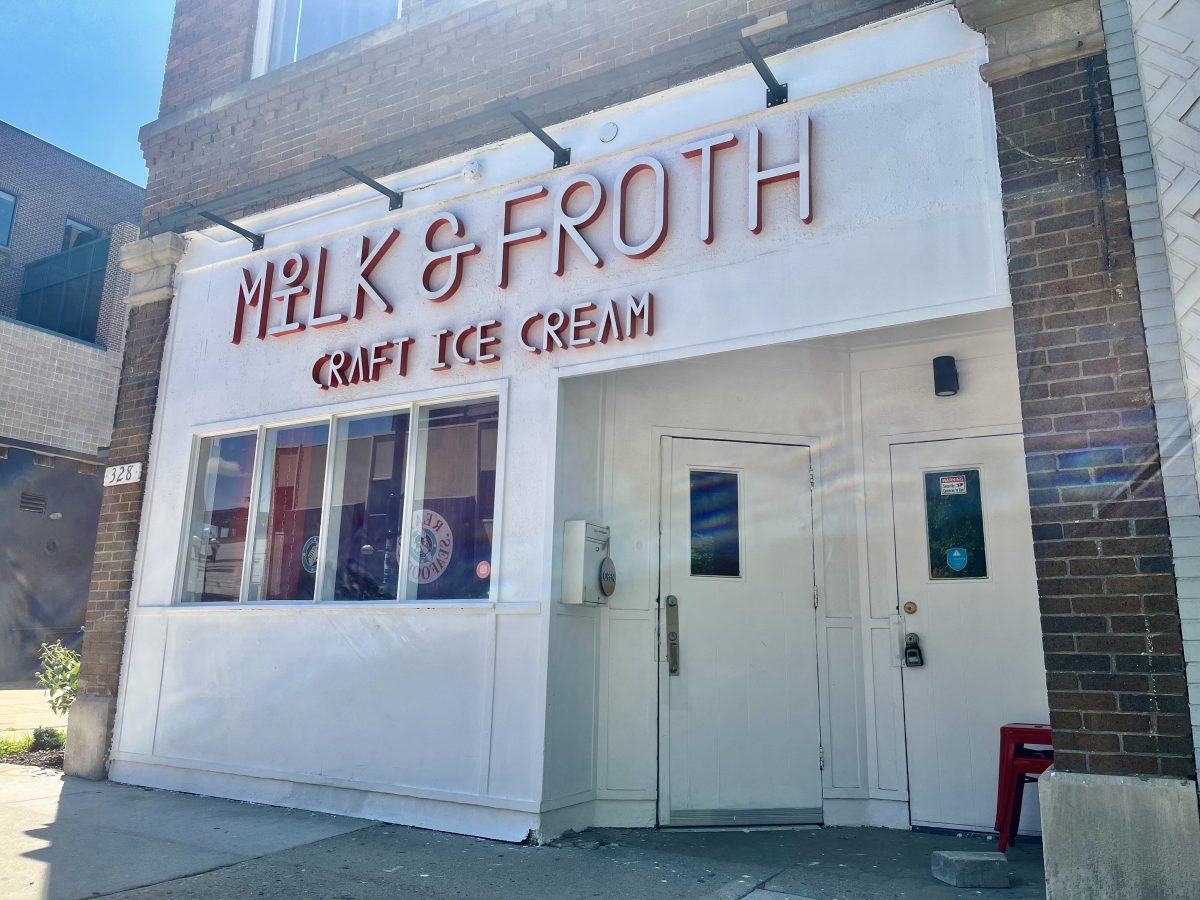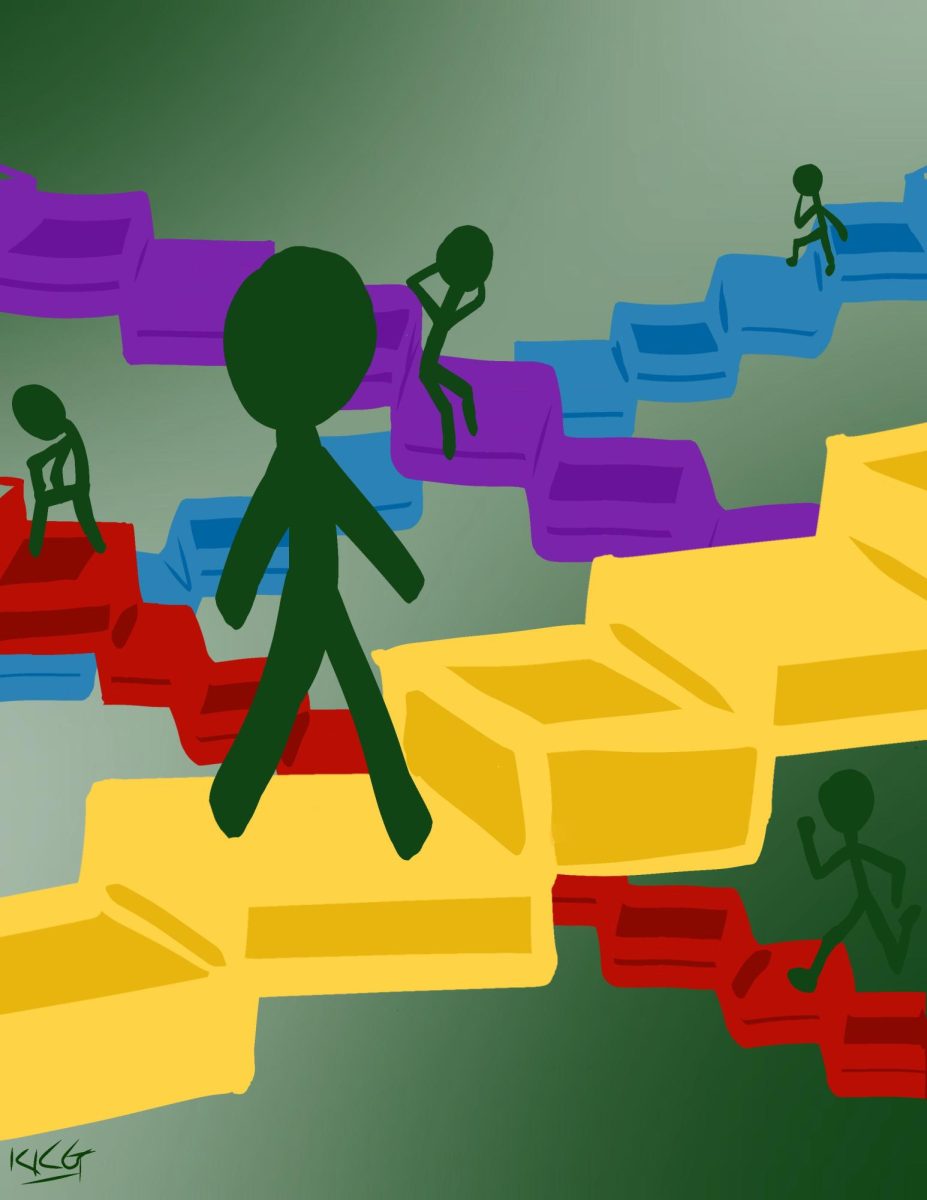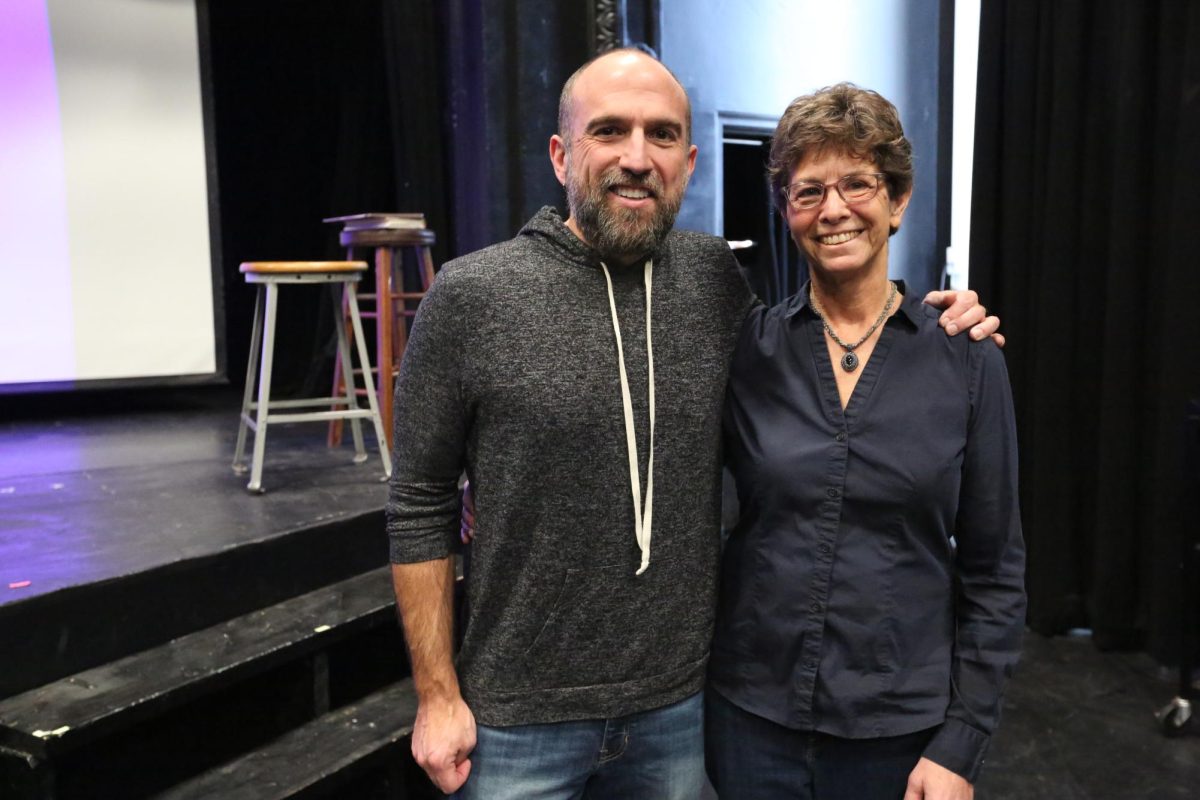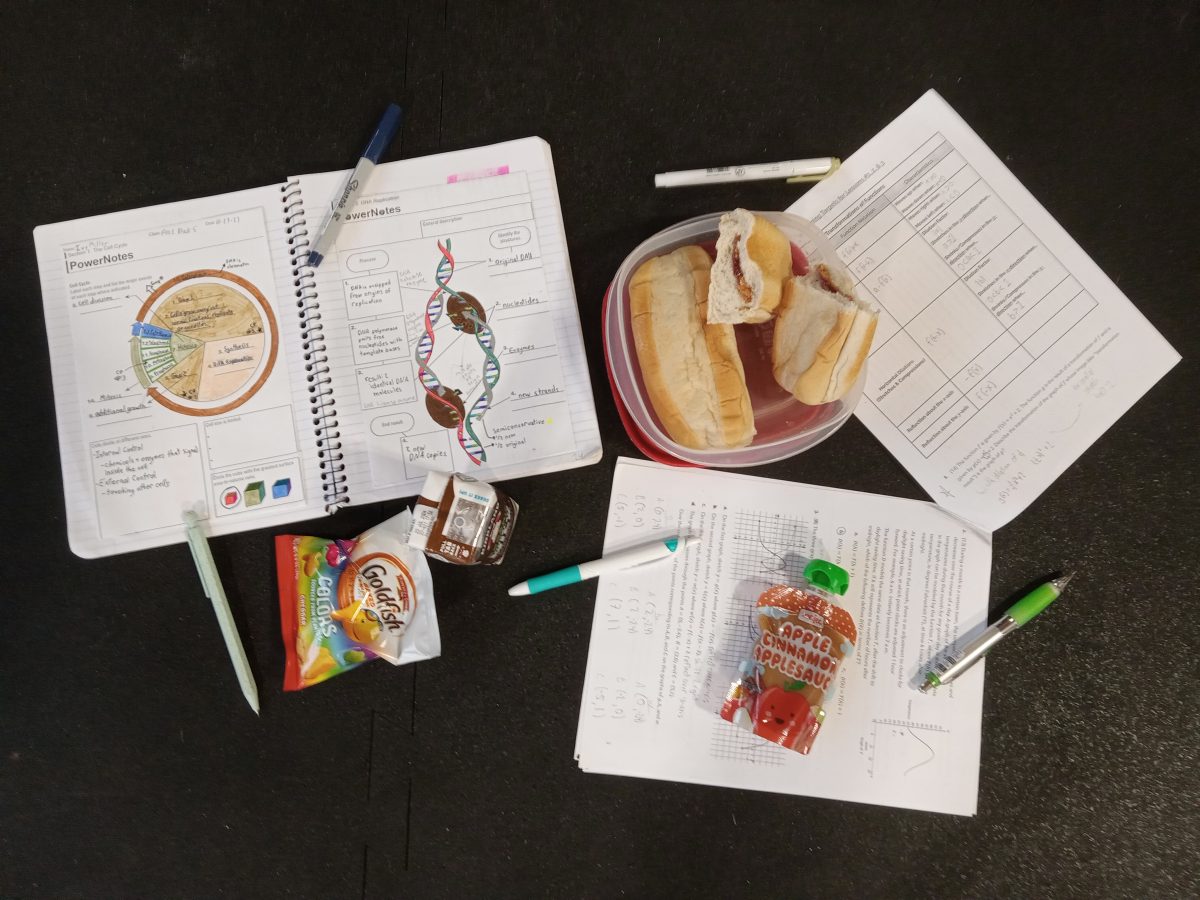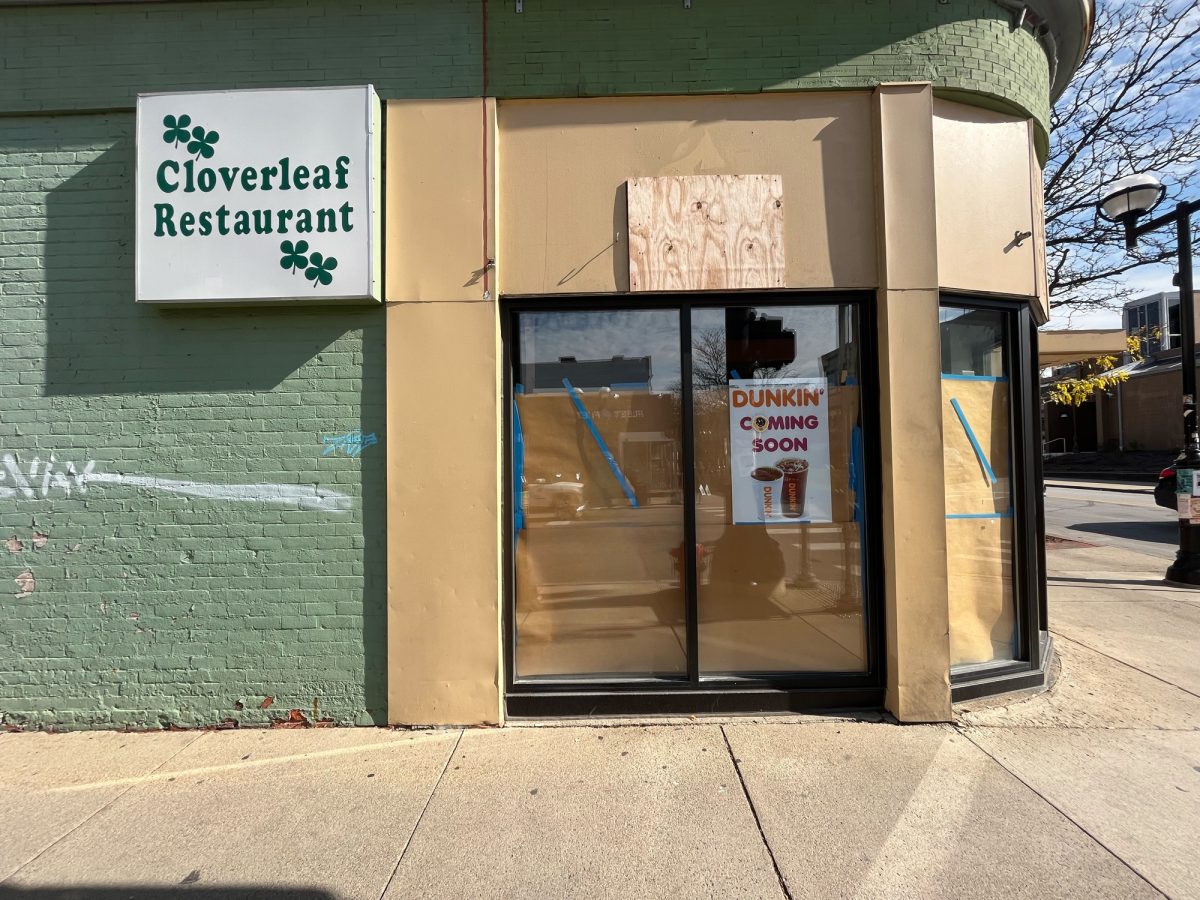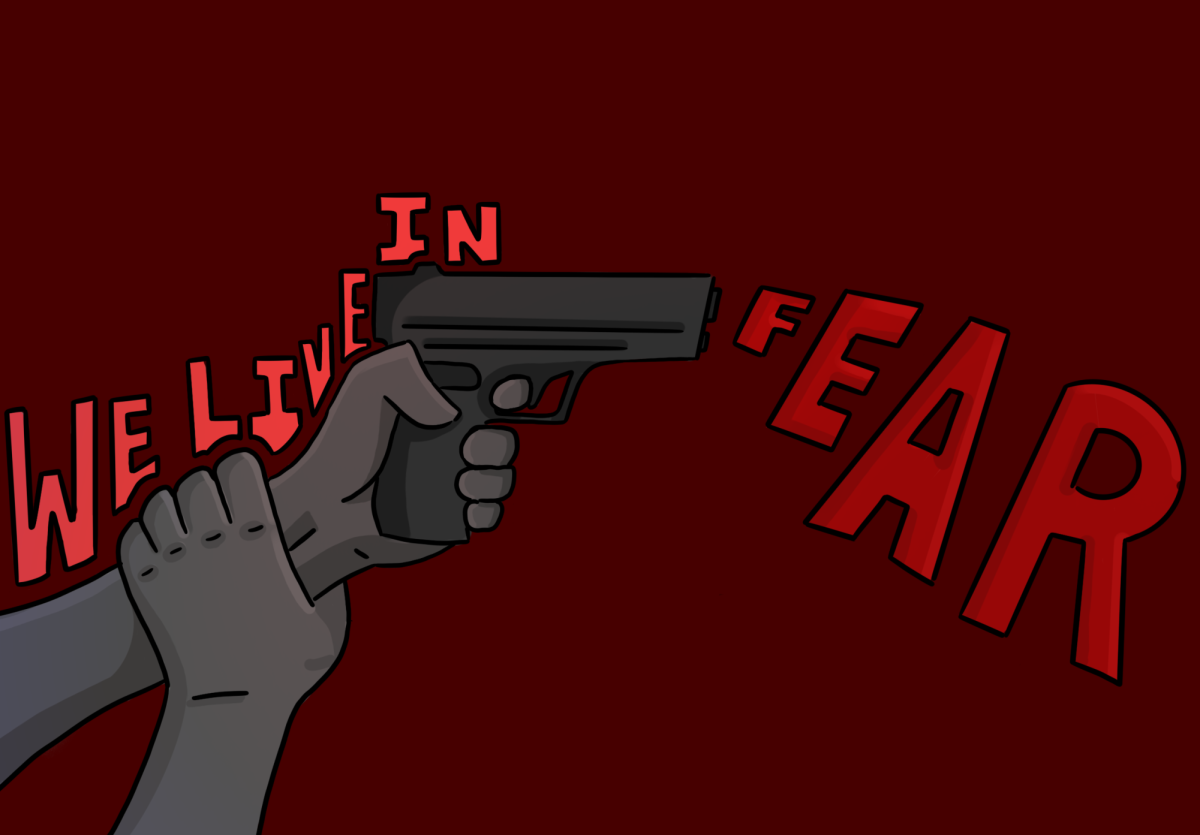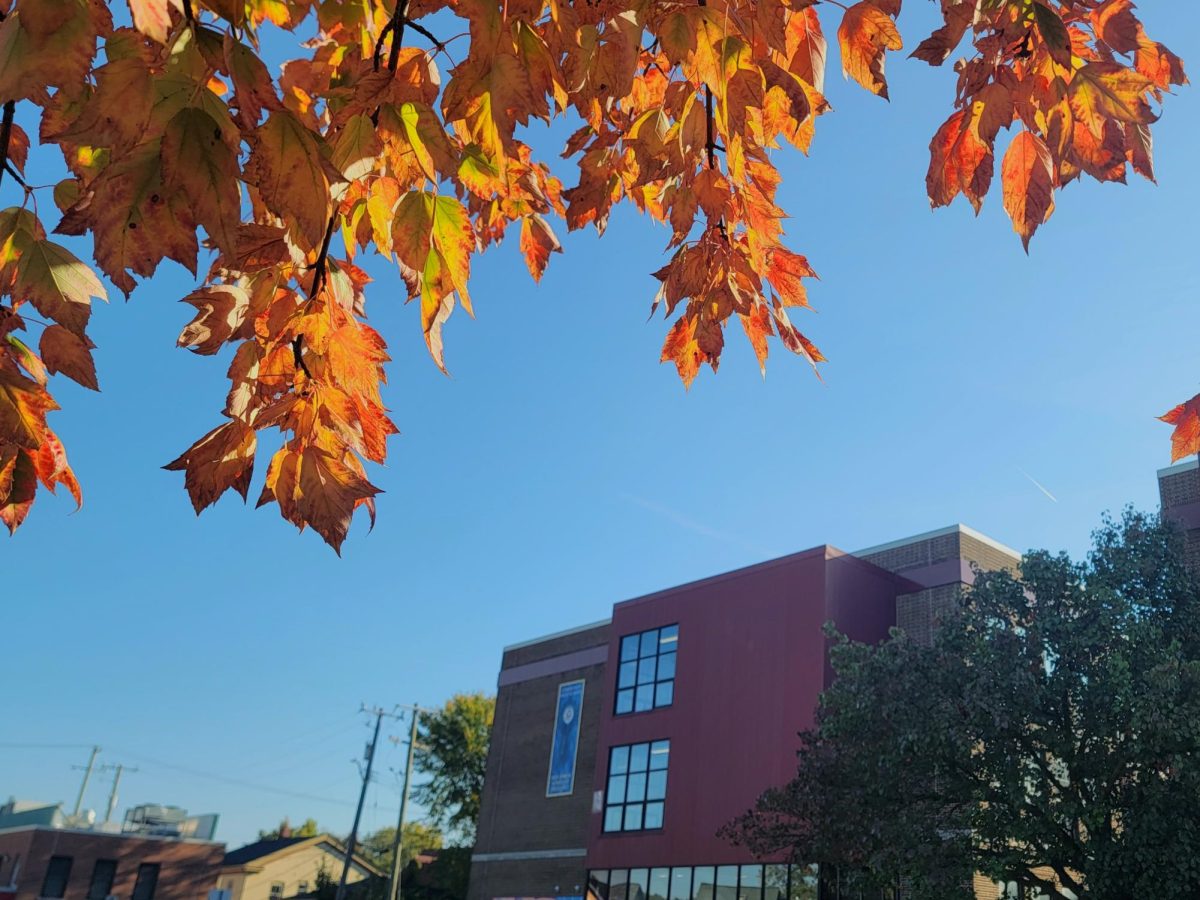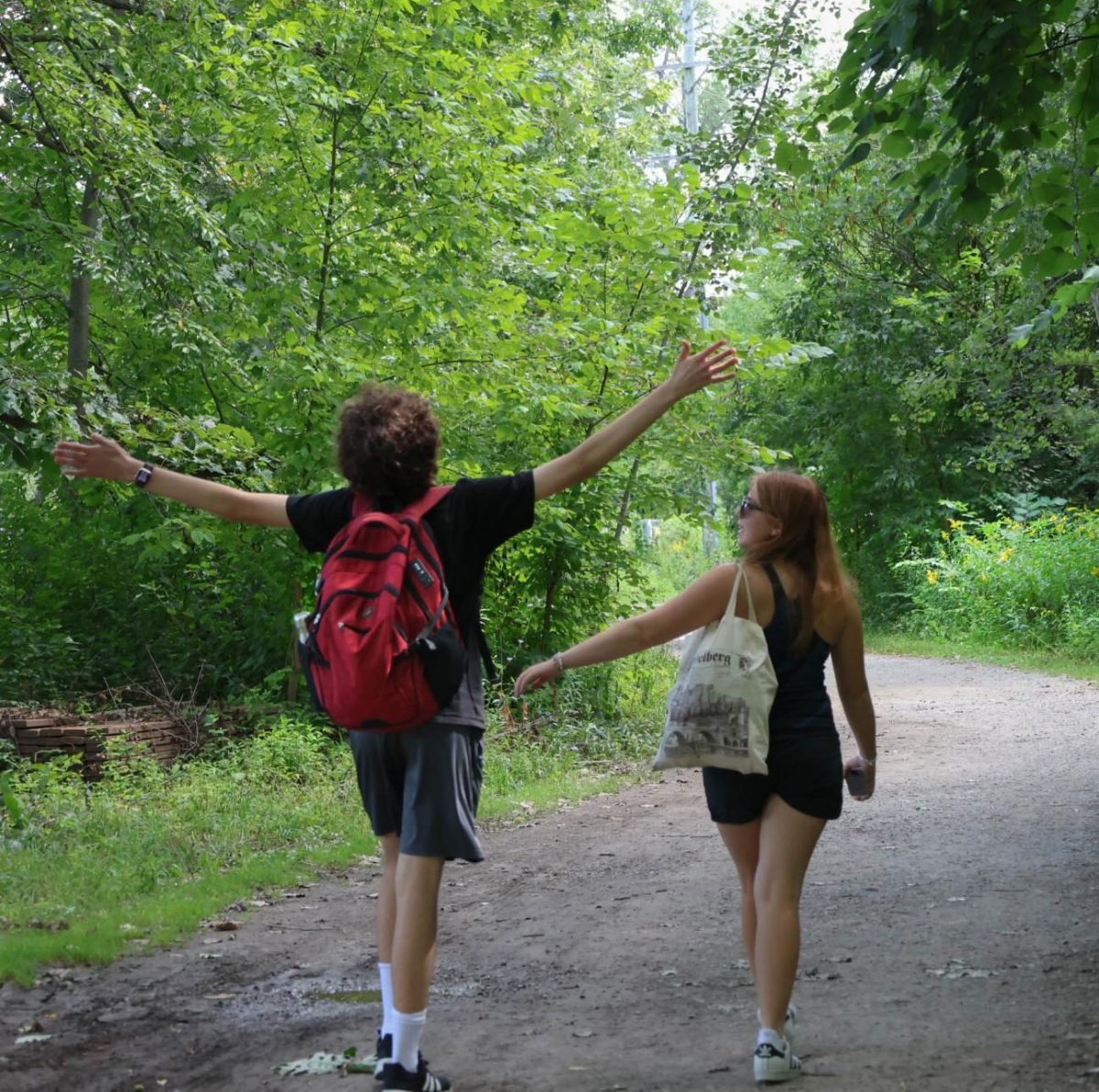When I think of being bilingual, I imagine speaking two languages at home or becoming fluent in a language quickly through years of consistency. However, for many bilinguals, including myself, this is untrue. Among Community High School Sophomores, many speak a second language, representing the varying experiences of being bilingual, reflecting my own and others’ realities.
My first language is English, and I learned Italian throughout my early childhood through my mom and visiting her side of the family. At home, I speak primarily English and the only snapshots of Italian I have in my daily life are occasional calls with grandparents and cousins.
It is because of my focus on speaking English in my daily life that I often feel as if I have forgotten how to speak Italian. I understand the language fluently, and can get through a conversation, but when I am confronted with Italian beyond the bubble that I use it in, it feels unfamiliar. I lose any ability to properly speak Italian when I must talk to friends, or anyone I want to impress. This problem doesn’t arise with strangers; I have had long conversations with a patchwork of people in boats, stores and on the street. But as soon as Italian leaves the dinner table or bus stop, I am limited to English.
This barrer has caused me to feel imposter syndrome, as if I was lying about speaking Italian at all. This experience has shaped my confidence and perspective of myself. A complex relationship with identity and language is common among bilingual people, but imposter syndrome isn’t based on reality.
America Gomez-Dominguez’s first language is Spanish, which they understand fluently and speak mostly proficiently. They consider their identity as being “first and foremost Mexican”.
“I guess it was only really in school that I had a connection to being American,” said Gomez-Dominguez. “Considering I was really close with my close family and I would always stay over at my extended family’s houses. And we were just a tight group. So, being at school was really just my only way to get into more American culture.”
Nick Villamor, a member of Community’s math club, also considers Spanish his first language. He learned English through his babysitter before improving his skills in Kindergarten.
Language is a critical part of Nick’s identity: “If I didn’t speak Spanish, I wouldn’t feel like a true Hispanic, even if my parents were fully Hispanic. I feel like by speaking Spanish, whenever I think of my identity, that’s the first thing I think about,” Villamor said. “I usually think about three things that I would use to describe myself and that’s always there, it’s just a part of me.”
As the two entered elementary school, they shifted to English, preserving Spanish at home despite setbacks.
“I do wish that [my family] forced me to speak more Spanish as well as English, because I spoke English at school, but then I started speaking English at home as well,” Gomez-Dominguez said. “I wish at that point that they [would have] forced me to speak more Spanish.”
Nick and America’s persistence to continue speaking Spanish so as to not lose it is similar to my own. After my early childhood, English became the only major language in my household. When faced with a fork in the road, I chose the wrong direction. However, the limits in when I use Italian do not just rely on my shift to speaking primarily English at home, but the setting I am in outside of it.
Emma Goblirch, a staff member on the Communicator, speaks German, having learned it together with English from her parents since she was a baby, sometimes leading to confusion, “When I was younger, I had two tracks that I was on,” Goblirch said. “Sometimes it was English, sometimes it was just German, and sometimes they would kind of intersect.”
Emma’s household is a mix of both of her languages; her mother is German and father American. She visits Germany once a year to continue to improve and hold on to her German, “As someone who’s older now, retaining your knowledge of another language is a lot harder if you don’t use it every single day.”
The main way I preserve my Italian speaking skills is by visiting my family in Italy and talking to them as often as I can. Over time, I developed the idea that because my Italian became less refined when I didn’t actively use it, I was not truly bilingual. In actuality, language is a constant process of practicing and listening to native speakers. Even monolingual people improve their speaking skills through learning new words and communication skills.
Language is a crucial part of my and other’s lives, and at times can be isolating. Through seeing other’s experiences, I saw that there is no one definition of what it means to be bilingual. Imposter syndrome isn’t based in truths, and the wide range of bilingual people adds to the value of being able to communicate with many different people and places.



